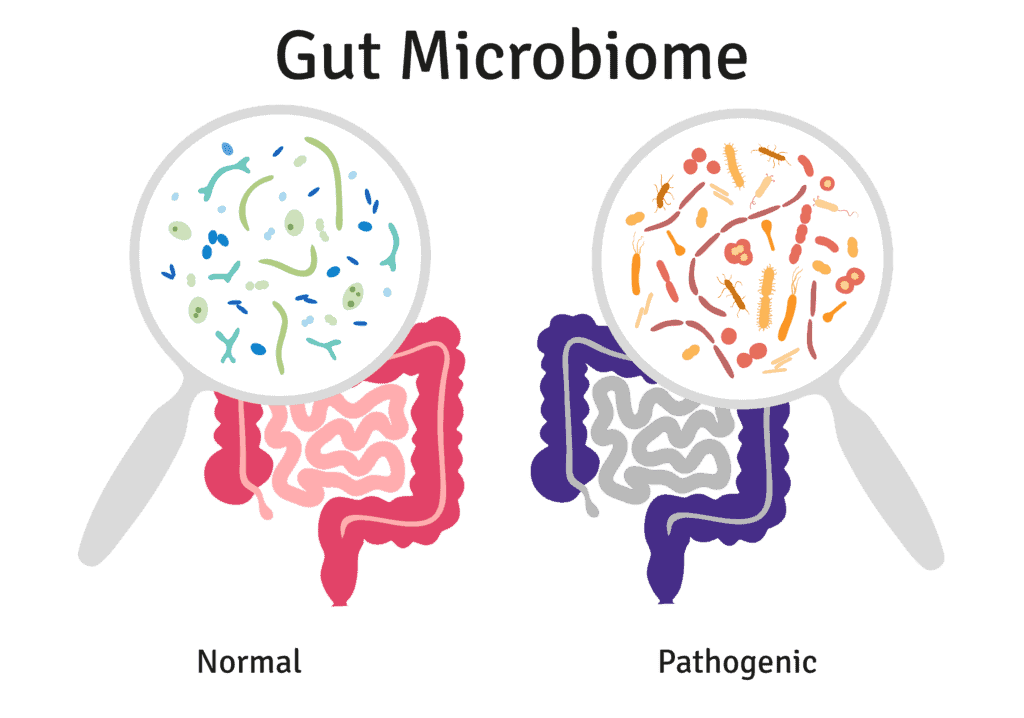Metatranscriptomics

The gut microbiota seems to play an important role in IBD pathogenesis, even though a causal relationship between microbiota dysbiosis and IBD has not yet been found. Many previous studies have focused on analyzing the IBD microbiota through faecal samples, which does not necessarily give an accurate picture of the microbiota at the site of inflammation. In this project, the samples are mucosal biopsies taken directly from sites of inflammation in patients with UC, which should give a more accurate portrayal of the microbiota in the area of disease. The samples are well stratified, coming from patients with mild, moderate, and severe UC and patients in UC remission.
Gathering information about the microbial composition in the colon of IBD patients has usually been achieved through traditional 16S rRNA amplicon sequencing and shotgun sequencing of faeces. However, using the proposed meta-transcriptomic approach for analysing the gut microbiota composition in biopsies of patients with UC will provide much more precise information about the composition of the microbiota at the site of inflammation. Sequencing of the whole transcriptome also captures RNA molecule sequence reads that do not align with the human transcriptome. Traditionally, the reads that do not align with the human transcriptome are discarded, but in this project, we suggest using these surplus non-aligned reads to map the microbial composition and thereby study the host-microbe interaction taking place directly at the site of inflammation.
The main hypothesis is that microbial RNA extracted from biopsies of UC patients contains information that can contribute to the characterization of the microbial (bacteria, fungi, and viruses) composition in the mucosal epithelium and potentially contribute to the prediction of the initial treatment response.
In addition, this project will also investigate host-microbe interactions between the gut microbiota and host epithelial barrier in different states of UC, with the aim of finding novel microbial markers that could contribute to improved personalized treatment for UC, which could potentially be more cost-efficient than current treatments.
Members:
Financial/grant information:
Institutional funding